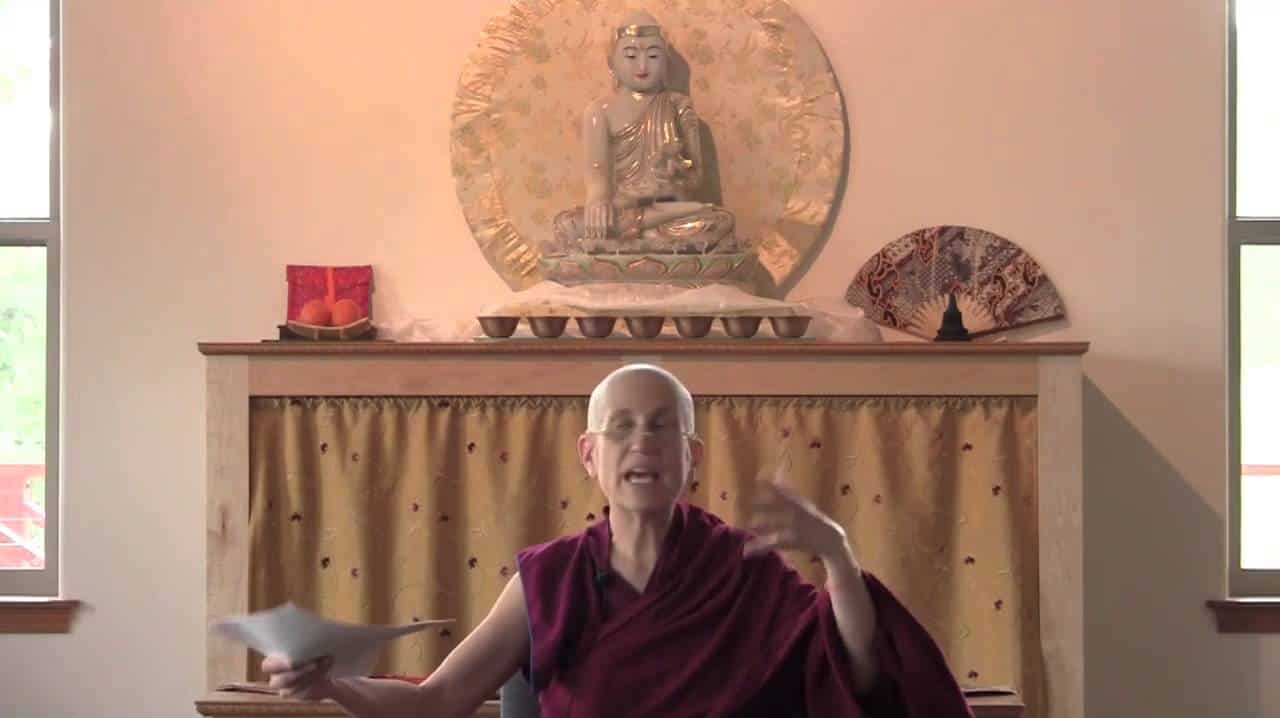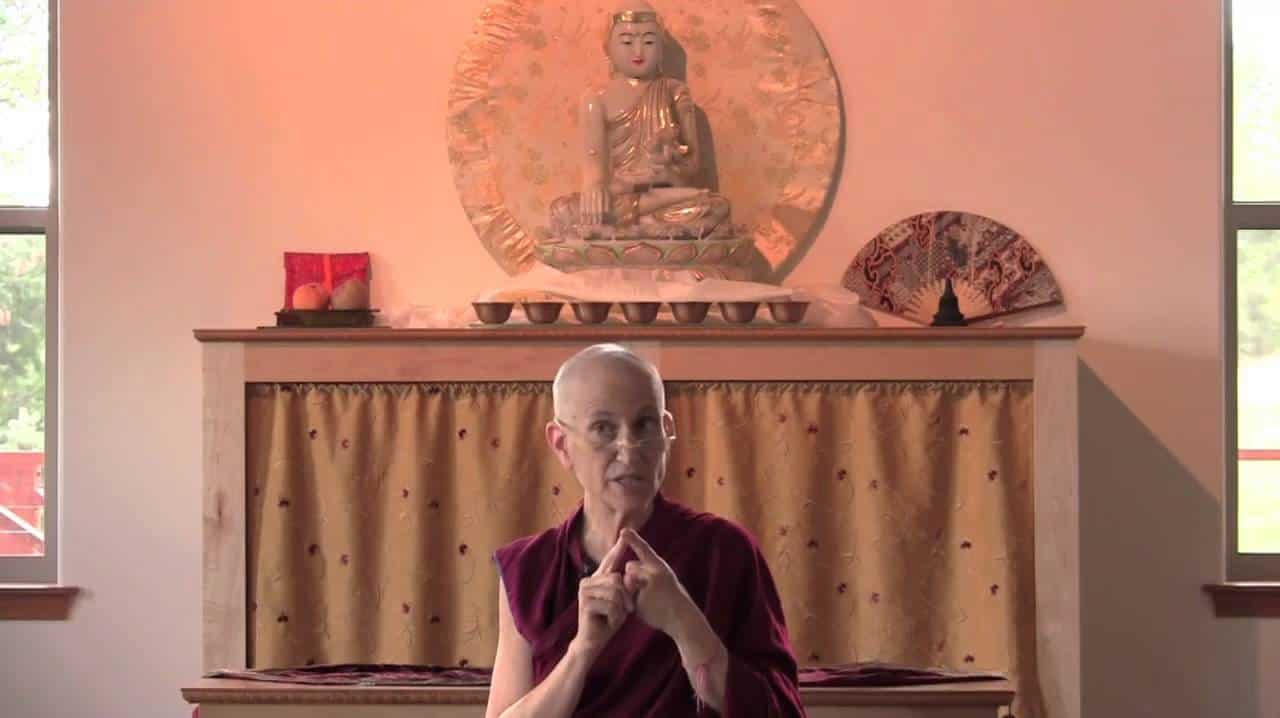Be there for the right reasons

How many people are familiar with the ABC television show The Bachelor/ Bachelorette? They start with 25 women vying for the interests of one man. Then over a 10-week period, after multiple group and individual dates, the women are gradually whittled down to the “winner” who hopefully gets a marriage proposal. Of course, the opposite is true for The Bachelorette. I have a confession to make. My wife and I have been hooked since the first episode 12 years ago. My wife loves to see people get together and ultimately tie the knot. The main attraction for me was the filming locations are in some of the most beautiful and exotic places on the planet.
Sometime early on in the show a saying started to be used. “He or she isn’t here for the right reasons.” This seemed to be true. Some of the participants appeared to be on the show just for exposure or to advance their career. Also, some of the bachelors and bachelorettes treated the process as a game trying to win as if it was a contest. This caused a great deal of drama and emotion toying with people’s hearts. The audience, of course, ate this up. Fortunately, a couple of episodes have ultimately led to marriages.
Being there for the right reasons is a very strong Buddhist theme. How often have we done an act of “kindness” or “generosity” out of a sense of guilt or obligation? Or to make ourselves feel superior to someone else? Or to pat ourselves on the back about what a good person we are? Or to garner praise and a good reputation? I know I have committed all of these transgressions.
Several years ago I made a sizable donation to a charity. I knew the donation would benefit many people. But I made sure that I received plenty of recognition for my act of generosity. This was before I heard the Dharma and started to learn about “emptiness.” In those days I was primarily focused on my self-centered desire to glorify and aggrandize my self image and ego. Of course, now I see that as foolish and ignorant.
Most of us are familiar with the six far-reaching-practices or the six paramitas. The first of these is generosity. True generosity is giving of our time, energy and material possessions without the hope or expectation to receive anything, including appreciation, in return. When possible this is best done anonymously. What many people call “A Random Act of Kindness.” This is what “bodhicitta” is all about. Our desire to attain full enlightenment in which all defilements are totally eradicated and all good qualities of compassion and wisdom are fully developed in order to be of greatest benefit to all sentient beings.
Let me give you a silly example in my own life. I am sure many of you will totally relate. I work in an office where there are more women than men. Like most of us guys I would go in the bathroom and leave the toilet seat up. It gets much worse. I would also make sure I left the barest few pieces of toilet paper on the roll just so I didn’t have to go to the trouble of putting a new roll on the holder. Of course, the next person would be obligated to change the roll. I just didn’t want to be bothered. My time was too important and I was the doctor which gave me privileged potty status.
Well, the Dharma has totally changed my toilet behavior. I now make sure the toilet seat is put back down and I even put a new roll on the holder before using up the last piece. I am doing this totally as a random act of kindness for the next person who uses the bathroom whoever that may be. I don’t know if anyone at my office has noticed and I don’t care. It is just the right thing to do and makes me feel good but not in a bragging or boastful way.
I am learning a very important lesson from Buddhism. My actions are very important. But what is equally important are the motives behind those actions. Are they virtuous or non-virtuous? Generous or self centered? Being a goal-oriented person I have always focused my energies on the results. When I did something I would be very attached to the outcome of my actions. I would have high expectations. Since we are not in control of other people’s thoughts and actions we can sometimes do a virtuous deed and have a certain expectation and be totally disappointed with the results. Remember we can only be responsible for ourselves. We cannot control or change others.
So, what are my motives for giving these Dharma talks? If it is to garner praise, a good reputation, recognition or respect then I am not standing up here for the right reasons and I am totally missing the message of Buddhism. My sole purpose should be to use whatever abilities I have been given to the benefit of my fellow Sangha members. Maybe I should be giving these talks anonymously with a paper bag over my head. The ego is a very sneaky thing. It is always trying to be satisfied even while doing a virtuous activity.
Most of the time we try to be of benefit to others. However, we are often clouded by ignorance and undiscriminating passions which cause us to act in ways that are harmful. If we can stop for a moment and reflect on our motives maybe we can create more kindness and compassion in the world and less harm. In other words, let’s BE THERE FOR THE RIGHT REASONS.
Kenneth Mondal
Ken Mondal is a retired Ophthalmologist who lives in Spokane, Washington. He received his education at Temple University and University of Pennsylvania in Philadelphia and residency training at University of California-San Francisco. He practiced in Ohio, Washington and Hawaii. Ken met the Dharma in 2011 and attends teachings and retreats on a regular basis at Sravasti Abbey. He also loves to do volunteer work in the Abbey's beautiful forest.


